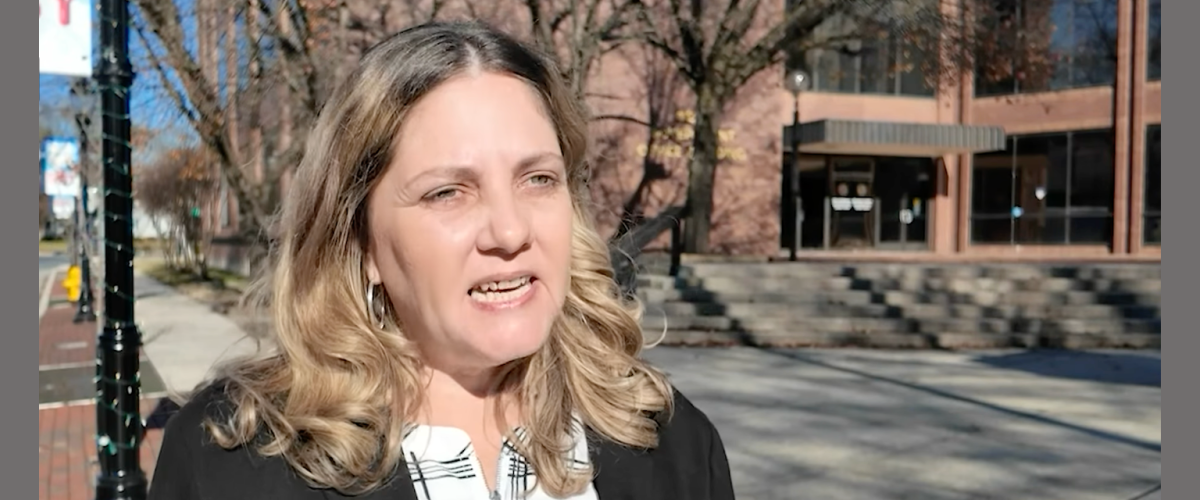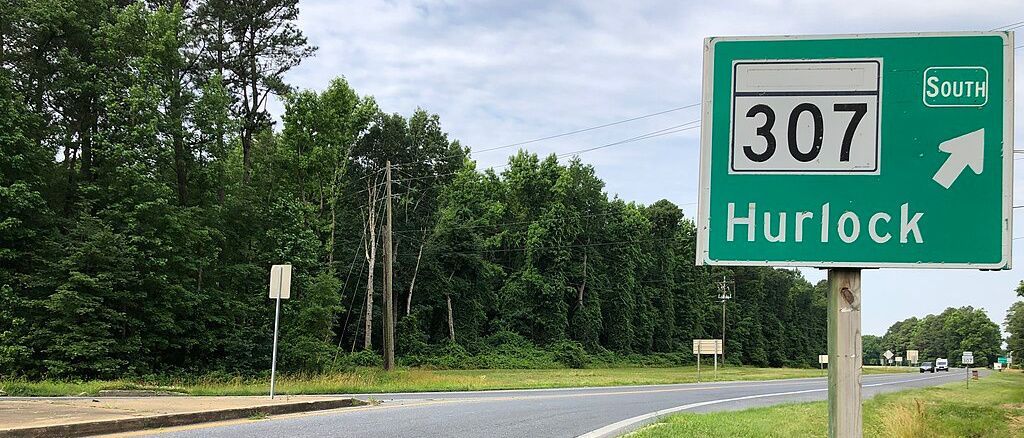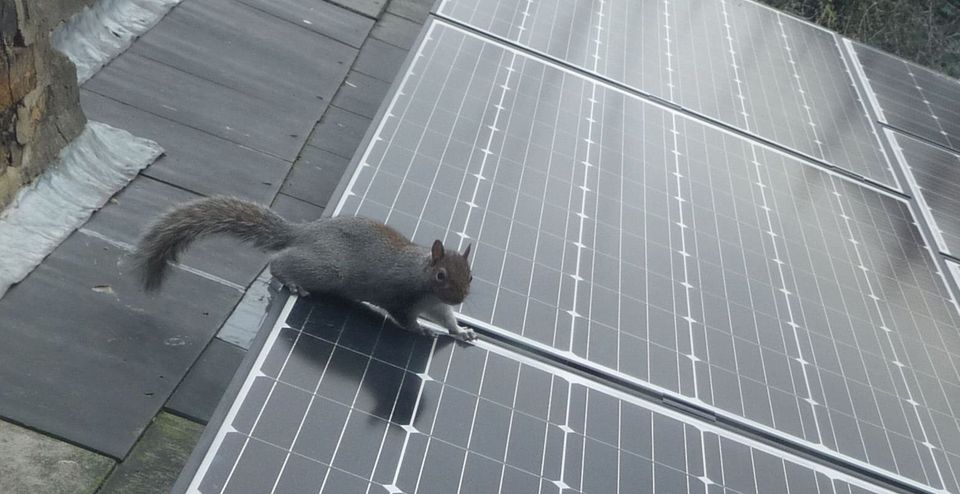Solar Power — And Squirrels!
This story is the first in a series on solar energy — the pros and cons, the costs, the companies who provide it on the Eastern Shore, and the experiences of local people in going solar.
Solar energy is a mature technology that promises to supply a significant fraction of our energy needs in the future — and without adding to the climate crisis that is driven by fossil fuels. Not only does a home solar array provide clean energy, it can — if done right — offer real savings on your electric bill. That’s something every homeowner can appreciate.
But while there are benefits to going solar, there’s more to the process than you may realize at first. Currently, there are four main ways to go solar — owning, leasing, sharing, or going solar “virtually.” To determine which is best for you, you need to figure whether you want to own your own solar panels, or to lease your roof space to a company that sells the power to a utility company and passes on some of the savings to you. Or do you want to join other homeowners in a consortium where each member owns a share in a solar array somewhere else in the area? Or are you happy just asking your utility company to supply you power generated exclusively by environmentally responsible means such as solar and wind?
There are pluses and minuses to all these strategies, and you can’t be sure what’s right for you without doing considerable research. Sometimes, even the most careful research may not spot all the wrinkles the world might throw at you. For example, have you thought about squirrels?
Common Sense interviewed homeowners in the Chestertown area who have solar panels installed in their homes. Two of them reported squirrel damage to their homes as a result of the installation. One owner said that about three years ago he needed to pay more than $1,000 to repair a hole in his roof under one of the solar panels. The original installation company, per the contract, removed the panels and reinstalled them after the repair — all free of charge. Then — a little too late — the solar company installed “pest abatement.” Definitely a case of “closing the barn door after the horse is gone.”
The homeowner described the abatement as an industrial-strength chicken wire and barbed wire placed around the edges of the panels to keep squirrels, birds, or other critters out. Solar panels are installed a few inches above the roof. He learned that squirrels are attracted to this warm space under the panels, and once there, they can dig into the roof to make a comfy den for themselves. Unfortunately, that may allow water to leak in, with all the problems that brings. This homeowner discovered the leak inside an interior wall under the damaged part of the roof — fortunately before any serious structural damage was done. Squirrels also may chew on wires, causing electrical outages and possibly even fires.
Another Eastern Shore homeowner — in a still ongoing situation — has more damage to his roof from squirrels. As of mid-April, 2021, his roof has been leaking for almost two months. The first symptom was water in his basement in an area that had never flooded before. He thought it was ground seepage, a common problem in basements here on the Eastern Shore with our high ground-water level. He first called a company that waterproofs basements and the problem seemed to be fixed. But shortly after, water started appearing in the basement again, and a damp spot appeared in the ceiling of a room below the solar array. The wife heard an animal scrambling about in the small attic crawl space above. Yep, it was another squirrel hole under a solar panel.
The homeowner at first was unable to get the solar company on the phone, waiting on hold for over an hour. However, the company replied to an email saying that the maintenance department had been notified and would call to set up an appointment “within a window of the next six months.” Two weeks went by with no phone call, though the homeowners did receive a text advising them to check their documents and asking how would they like to arrange to pay for the $499 fee for the removal and re-installation of the solar panels. Since the solar panels are not his property, he’s not supposed to remove them. Uninstalling then re-installing solar panels requires expertise and experience. He responded to the text but received no answer for over two more weeks. In the meantime, his nephew went up onto the roof to put chicken wire around the panels and then wiggled into the attic crawl space — accessed through a closet — to place buckets under the leaks.
At that point, the homeowner was afraid his only recourse would be to call in a lawyer. Finally he got through on the phone to a company representative who agreed that roof repairs could not wait six months. He now has an appointment for the solar panels to be removed on May 12. The homeowner is still responsible to arrange and pay for the actual roof repairs. His final cost will be $499 plus whatever the roof repair costs. The nephew has returned several times to empty the buckets under the leak in the attic crawl space and he said that he can hear the squirrels chattering angrily above at this rude interruption.
Neither of the homeowners we talked to thinks that the savings from their solar power over the five or six years they’ve had them is enough to cover the cost to repair their roofs. If they had it all to do over again, one said he might or might not do it again; the other said he would but only with much more caution.
Both of these homeowners signed up originally with the same relatively small solar installation company. That company was subsequently acquired by a much larger national conglomerate whose main focus is not leasing and maintaining solar panels. The companies involved are not named here because the point is not whether this or that company is recommended or not recommended. The point is the importance of doing the research and having a good contract that spells out the services provided, timelines, costs involved, and responsibilities of both parties — homeowner and solar company. Contracts are often negotiable. See if they will do squirrel-abatement upfront. If there is only a standard contract that the company won’t budge on, be sure that it’s a contract you can live with.
Take your time. This investment resembles buying a car or house or any major appliance, something that you will be living with for years. Don’t take the first provider you hear about. There are a number of solar power companies working on the Shore. Talk to several of them, and try to get an apples-to-apples comparison of what they offer, what it costs, and what happens if there’s trouble. Look around online, and by all means be wary of sweet-talking salespeople and glitzy ads.
The upside of solar power is great — we’ll get to that in our next article — but before you sign on the dotted line, be sure you’re getting what you need and want. Who’s responsible for what? What remedies do you have if something goes wrong? Would your house insurance cover any problems? Has this company done other solar panel installations in your community that you can look at and speak to the homeowners? You need a contract that protects your interests, your property, and your pocketbook. Get it in writing — both the estimates and the final contract. Make multiple copies of all paperwork. And keep one copy of the contract handy — just in case things get squirrely!
For more information:
How to protect your solar panels from birds and squirrels https://www.thesolarnerd.com/blog/bird-squirrel-guards-for-solar-panels/
Maryland Energy Administration “A Maryland Consumer’s Guide to Solar”
https://energy.maryland.gov/Reports/A%20Maryland%20Consumers%20Guide%20to%20Solar.pdf
US Dept. of Energy “Planning a Home Solar Electric System” https://www.energy.gov/energysaver/planning-home-solar-electric-system
Energy Sage “Residential Solar Panels: What to Know About Solar Panels for Your Home”
https://news.energysage.com/residential-solar-panels-for-home/
Peter Heck is a Chestertown-based writer and editor, who spent 10 years at the Kent County News and three more with the Chestertown Spy. He is the author of 10 novels and co-author of four plays, a book reviewer for Asimov’s and Kirkus Reviews, and an incorrigible guitarist.
Jane Jewell is a writer, editor, photographer, and teacher. She has worked in news, publishing, and as the director of a national writer's group. She lives in Chestertown with her husband Peter Heck, a ginger cat named Riley, and a lot of books.
Common Sense for the Eastern Shore










